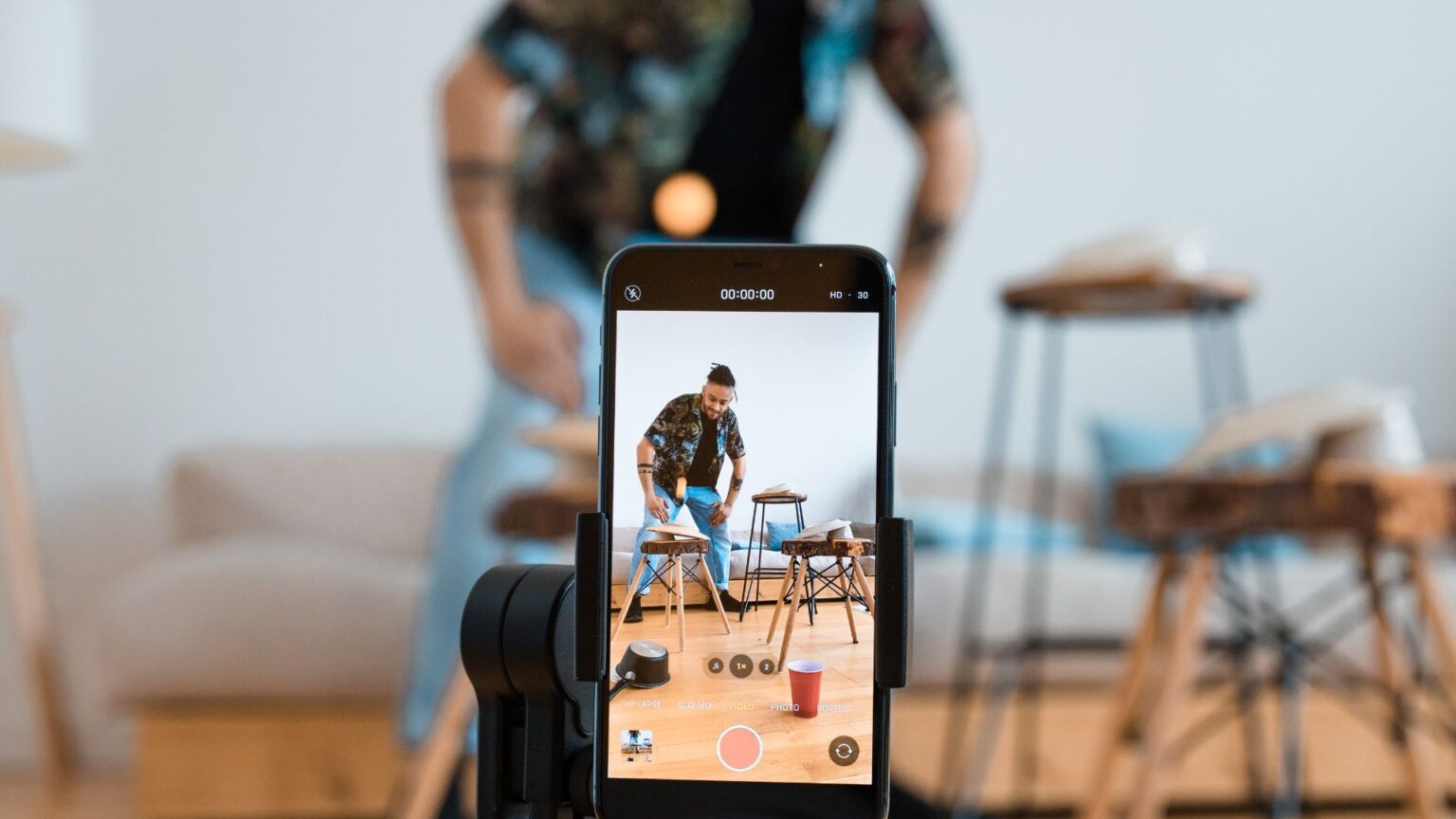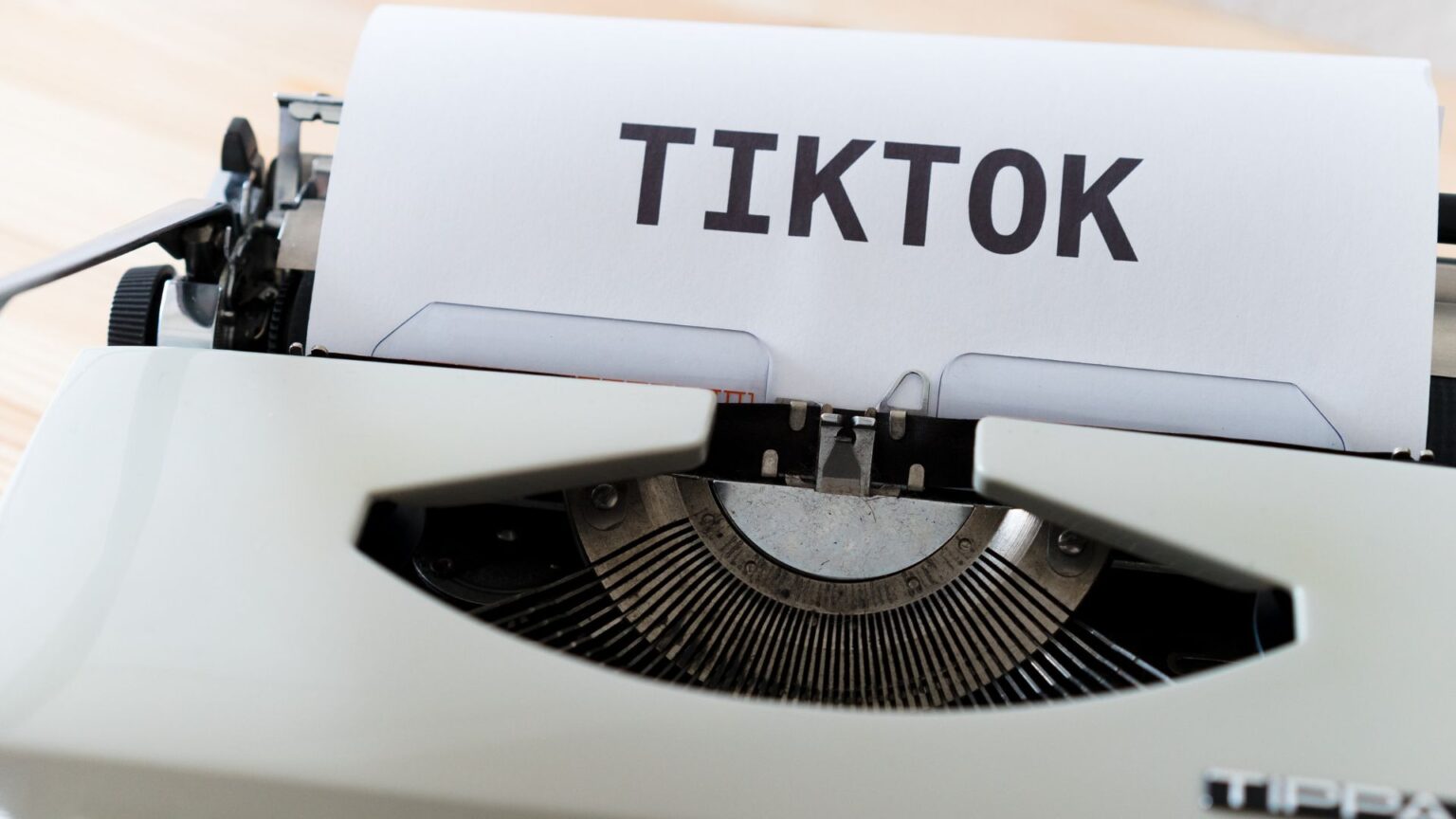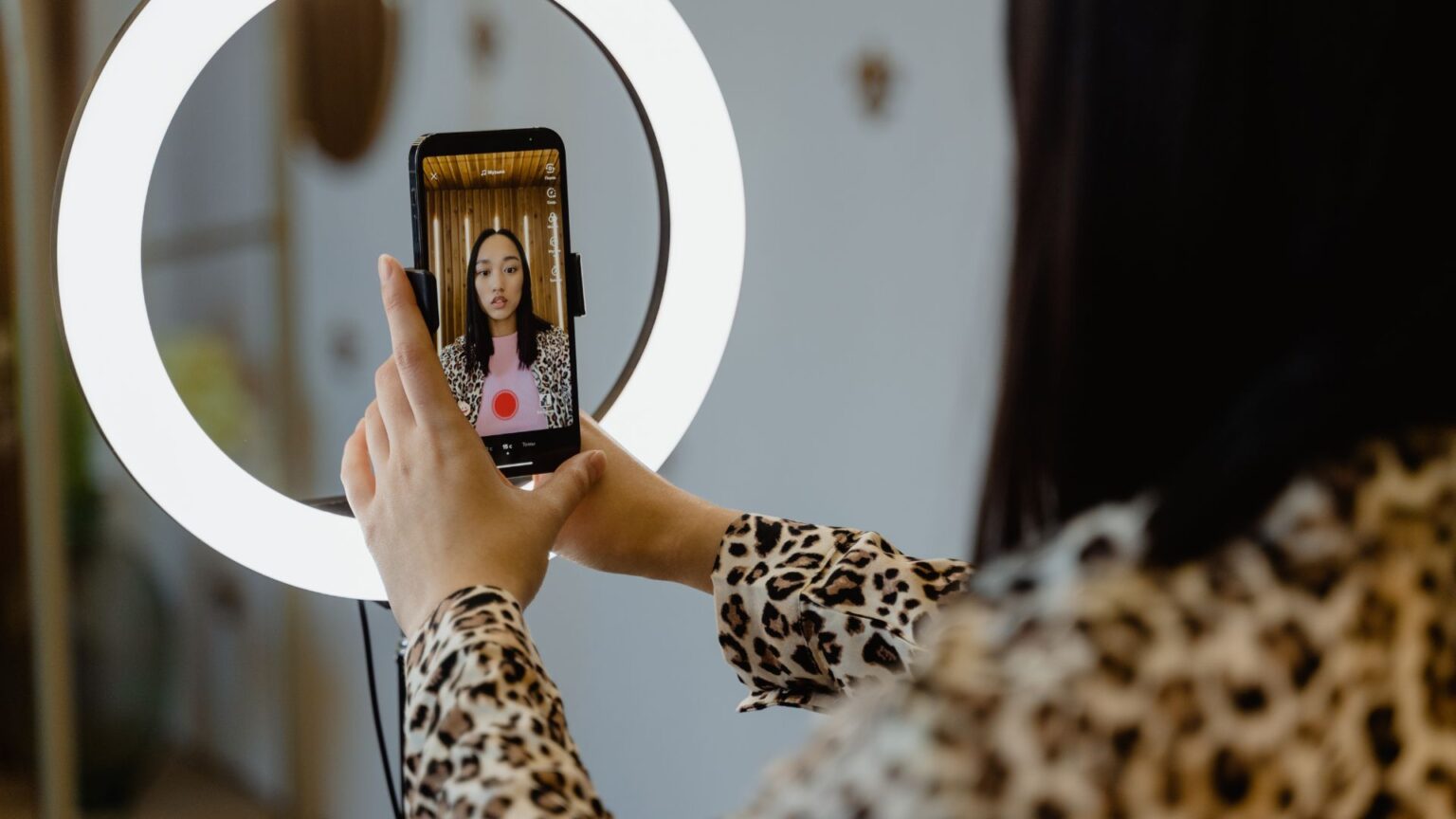TikTok and Screenwriting: Can Short Videos Influence the Film Industry?
TikTok has revolutionized how we consume video content, favoring short, punchy, and highly engaging clips. But can this short-form storytelling impact the film industry? Screenwriters and filmmakers are now facing a new reality—an audience with shorter attention spans and an appetite for quick, immersive storytelling. Could TikTok’s storytelling techniques reshape the way we write and structure screenplays?

The Rise of Short-Form Storytelling
TikTok’s format prioritizes storytelling in seconds, forcing creators to capture attention immediately. This fast-paced structure has made viewers accustomed to rapid narrative progression, surprising twists, and immediate payoffs. For screenwriters, this raises the question: Should films and TV shows adapt to this shift in audience behavior? Some argue that movies might become shorter or that scripts could incorporate faster scene transitions to maintain engagement.
From Virality to Hollywood
TikTok has already proven its influence by turning unknown creators into celebrities overnight. But beyond individual success stories, the platform has also become a testing ground for ideas that later translate to mainstream media. A notable example is the rise of “Ratatouille: The TikTok Musical,” which began as a fan-driven project and eventually turned into a full-scale production. Similarly, screenwriters can study viral trends on TikTok to understand what resonates with modern audiences.

TikTok’s Impact on Scriptwriting Techniques
Screenwriting relies on traditional structures like the three-act format, but TikTok storytelling leans on immediate engagement, rapid escalation, and punchy conclusions. Could this alter how we write scripts? Here are a few possible shifts:
- Faster Openings – Audiences expect immediate engagement, meaning screenwriters might need to hook viewers within the first minute of a film.
- Shorter Scenes – A trend toward quicker, more dynamic scene transitions could emerge, mirroring the bite-sized nature of TikTok content.
- High-Concept Storytelling – Since TikTok thrives on instantly understandable ideas, screenwriters might focus more on clear, compelling premises that grab attention instantly.

Challenges and Concerns
While TikTok’s influence is undeniable, not all of its effects are positive. There is a risk of prioritizing spectacle over depth, leading to a decline in slow-burn storytelling and nuanced character development. Great films often take their time to build tension and emotion—something that short-form content struggles to replicate. The challenge for screenwriters is to balance quick engagement with meaningful storytelling.

Storytelling Always Evolves
Storytelling has always adapted to new formats, from silent films to streaming-era binge-watching. TikTok is simply the latest evolution, providing valuable insights into audience behavior. But no matter the platform, a great story remains at the heart of it all. As screenwriter Aaron Sorkin once said:
“Good screenwriting is good storytelling. It doesn’t matter if it’s a two-hour movie or a two-minute clip.” The challenge for today’s screenwriters is to learn from new trends without sacrificing the essence of powerful storytelling.

